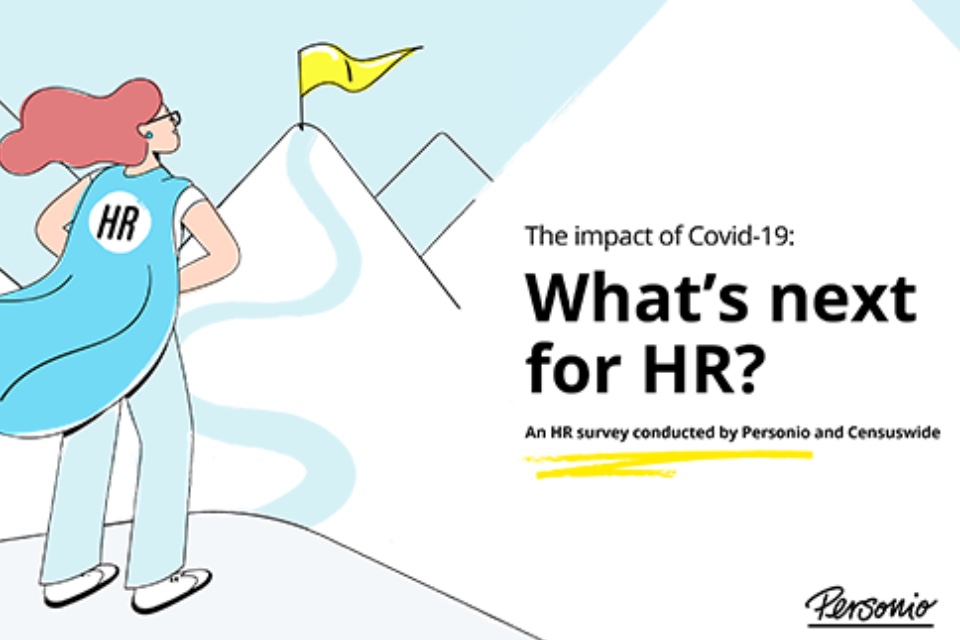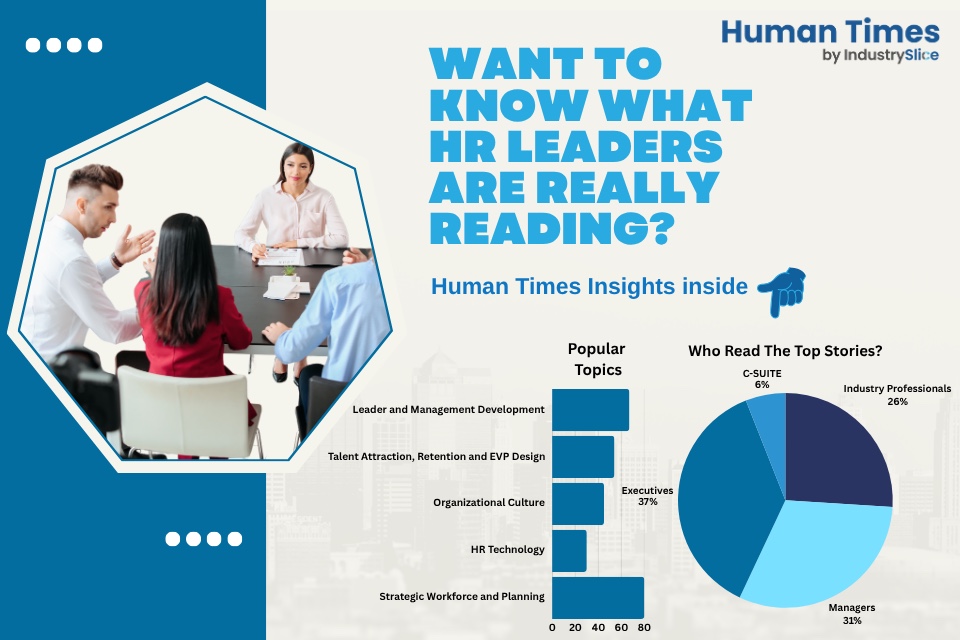By Personio
2020 has been a year like no other. Covid-19 has challenged every company and the HR function along with it. Throughout the pandemic, HR has proved itself the backbone of the business, showing strength as a strategic partner and agile supporter. Yet as the recovery phase begins, 85% of HR professionals see challenges ahead as they try to strengthen their important role at a critical time.
Download the full Personio HR study.
Picture this: It’s Monday afternoon and a message pops up on your screen. Can you join an executive team meeting in 15 minutes? In the meeting, C-suite leaders are discussing strategic changes. In response to the Covid-19 slowdown, they want to ramp up R&D and scale down marketing and sales. But the company lacks the talent to make the shift. Questions fly: How soon can we hire these employees? How many do we need? What will it cost? You are tasked with finding answers and making an action plan—and fast. Are you prepared?
Not Business As Usual
Maybe this scenario hasn’t happened to you, but it’s not unlikely. Covid-19 has forced many businesses to rethink how they operate, and that has highlighted the vital role of HR more than ever before, according to Personio’s new study of 500 HR managers in the UK. We surveyed professionals at companies of different types, sizes, and industries on how the pandemic has impacted their work and what lies ahead for the HR function as businesses slowly move from crisis to recovery.
The results are in, and this is what the future looks like for HR:
#1: HR will help businesses recover
Most companies have struggled during the pandemic, and the HR function has provided crucial support. Some 97% of respondents said that HR has acted to benefit the business during the crisis by, for example, supporting remote working (66%), giving extra support to working parents (37%), and increasing internal communication (53%).
As organisations begin to recover, they expect HR to continue to play a pivotal role in three important areas:
- Mental health / wellbeing initiatives (45%)
- Implementing new work initiatives (37%)
- Long-term planning (33%)
#2: HR’s strategic role will stay strong
HR has become more strategic during the crisis. Since the pandemic, 35% HR professionals say that HR focuses on strategic tasks, whereas only 25% said the same before the Covid-19. And most HR professionals (80%) want this strategic role to continue.
#3: HR function will face recovery challenges
Despite the important part HR has played this year, many HR professionals (85%) see challenges to their ability to support the business post-pandemic:
- Constrained budgets (37%)
- Not enough time or HR resources for strategic work (27%)
- Too much admin work (25%)
#4: HR tools will be essential to success
Although the majority of respondents (68%) expect HR to have even more responsibility after the crisis has subsided, 42% lack the data and tools needed to support the business in the best way possible, and 71% have struggled with poor access to employee data. But the study shows fully digitised HR functions outperformed their less digitised counterparts in crisis response and recovery planning. More than ever, having access to the right tools will enable HR teams to deliver the level of support they want to.
The HR study showed that the vast majority of HR teams (90%) responded well to Covid-19. That’s great news. Now they face the test of helping the business navigate the period after lockdown, and preparation will be key.









